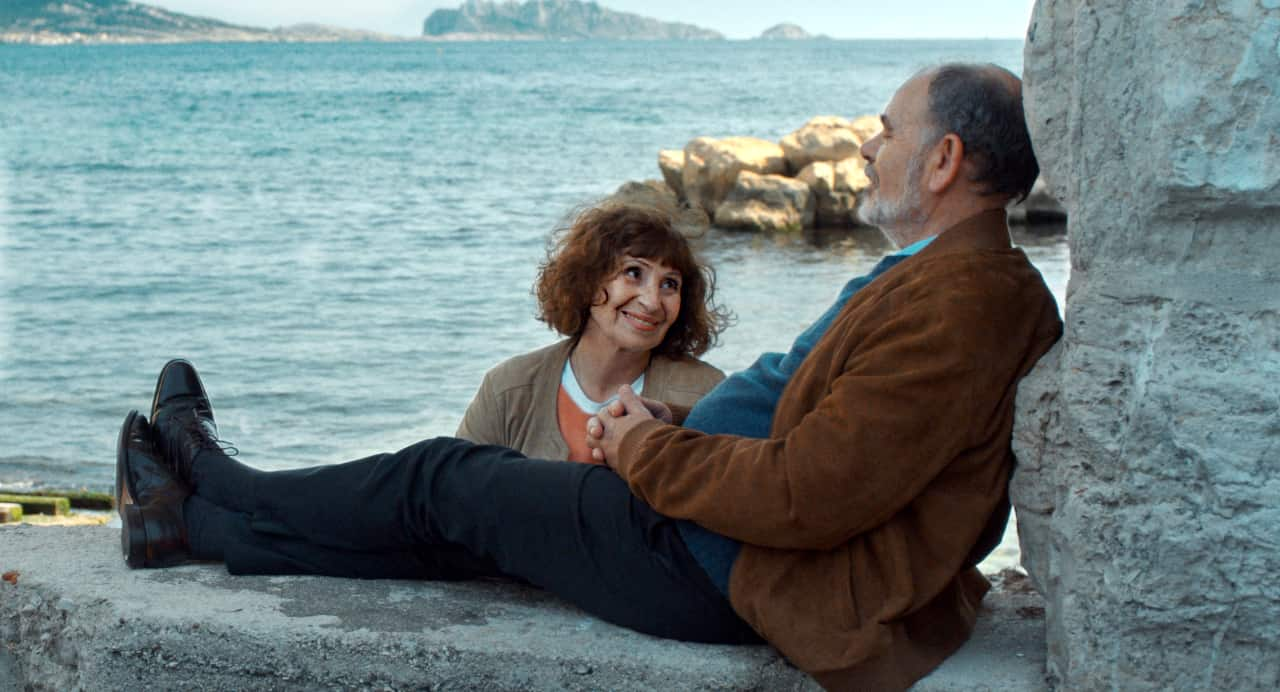by Dilys Powell
The Grapes of Wrath is not just a film, not just a tragedy, not just a social indictment even; it is an experience; it is history unfolding like a terrible fungus; it is America. Not the cinema America; no lovely silk legs, no Civil War; not the vicious-naive underworld America of the gangster film either. This is the huge, bleak, sunny, terrible America of the land; the Waste Land.
While we in Europe, these twenty evil years, have been too busy at our own iniquities to think much about the major infamies of the New World (the minor ones, of course, are always more spectacular and more amusing from a journalist’s point of view) America has not been too busy rapping us over the knuckles to commit one or two gigantic social injustices of her own. Well, here, in this film of John Steinbeck’s novel, is one of them: the story of the migration from the Dustbowl States to California. The drought comes, the wind, the dust, the blown soil; the sharecroppers, men whose grandfathers died in winning the land, are driven from it by the owners; there must be profits, where twelve families worked a single tractor tears up the soil, the door-yards, the very houses. The families migrate. The Joads pile their belongings on the ramshackle truck, they load themselves on it: the father and mother, the sons and daughters, the young children and the man on parole, the ancient stubborn grandparents, still holding to life with a cunning, pathetic, squalid, animal tenacity. And the truck pulls away, leaving the dust to eddy round the forsaken shack; along the great highway, through the naked new towns and cities, past the ironic State signs – You Are Now Leaving New Mexico; Come again; Arizona Welcomes You — past the dark watching Mexican faces, through the flocks of sheep huddling on the road, across the dreadful moonlit desert to California. To California, the promised land – which welcomes them not with work but with starvation, which herds them into fly-blown rotting camps and then bums the paper hovels they have set up, which refuses them the last rights of a human being.
Here it is then, the battle of an earthy peasant life against a petrol-pump and hamburger-stand civilisation, a conflict in which, amidst the assaults of callousness and rapacity, the poor retain the essence of generosity, resolution, courage. That is the assertion of the film, the single positive set against its indictment. Even that positive the director, John Ford, has presented in no romantic light. Indeed the realism of some of the early scenes is scarifying: the grandfather, superbly played by Charley Grapewin, fumbling and clawing and drooling in the extreme decay of age, the grandmother cackling and gobbling in a frenzy of greediness, the whole group living with the resourcefulness, the self-reliance and the casual messiness of a family of foxes. But Ford has handled the whole story as one never expected to find an American picture handled, using now wonderful pictorial effects of dark and candlelight, now the light of day falling coldly, precisely on the disgraces of starvation and misery.
The film moves in a slow, minatory tempo, and many of its sequences are in a pure documentary technique. The scenes, for instance, in the Okies’ camp have such an air of reality that I can hardly believe they were acted. The wretched tents and shanties, the dazed faces, the hopeless figures shambling away as the new truck drives in – can this possibly be reconstruction and not actual truth? It is only towards the end of the picture, where Steinbeck’s tale is not followed to its bitter conclusion, that Ford’s grasp weakens. Perhaps it was not possible, conditions being what they are, for the film to go quite as far in condemnation as the novel. On the other, the positive, side, too, there is a softening here, due, I think, partly to the fact that Ma Joad (a finely natural performance by Jane Darwell) does not occupy the central position she holds in the book, and her tenacity and heroism do not therefore emerge as forcibly. The passages, too, in the Government camp, where for a time the Joads are received as men, with human respect, are robbed of some of their sharpness by a reshaping of the original story. But the film remains a terrific denunciation, a terrific manifesto. It is faultlessly played by a large cast in which Henry Fonda, as Tom Joad, and John Carradine, as Casy the preacher, are owed great praise.
July 1940




